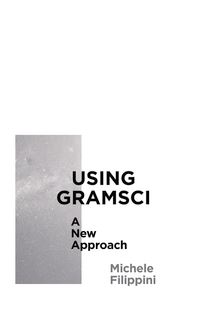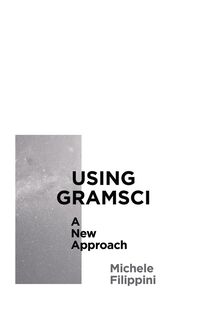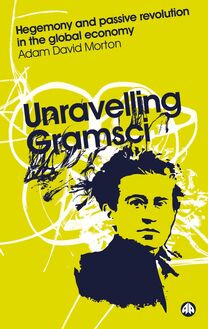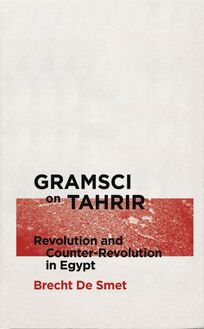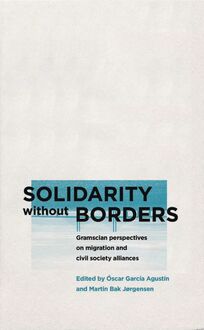Gramsci on Tahrir , livre ebook
281
pages
English
Ebooks
2016
Obtenez un accès à la bibliothèque pour le consulter en ligne En savoir plus
Découvre YouScribe en t'inscrivant gratuitement
Découvre YouScribe en t'inscrivant gratuitement
281
pages
English
Ebooks
2016
Obtenez un accès à la bibliothèque pour le consulter en ligne En savoir plus
Publié par
Date de parution
20 janvier 2016
Nombre de lectures
1
EAN13
9781783713455
Langue
English
Poids de l'ouvrage
2 Mo
Central to De Smet’s argument is Gramsci’s interpretation of ‘Caesarism’, an occasion in which two evenly matched political opponents reach a potentially catastrophic stalemate; such an interplay between these forces can only end in mutual destruction. In applying this to the Egyptian revolution, we see how the Egyptian state was bereft of strong hegemonies and the people were replete with capable counter-hegemonies. Through this analysis, we can see how the current situation in Egypt demonstrates how both national histories and global power relations enable, define and displace popular resistance and social transformation.
Series Preface
Acknowledgements
Abbreviations
1. Introduction
Part I: On the Subject of Revolution
2. From Bourgeois to Permanent Revolution
3. A Criterion for Interpretation
4. Caesarism
Part II: Gramsci in Egypt
5. Passive Revolution and Imperialism
6. Lineages of Egyptian Caesarism
7. The 25 January Revolution
8. Revolution and Restoration
9. Conclusions
Notes
Bibliography
Index
Publié par
Date de parution
20 janvier 2016
Nombre de lectures
1
EAN13
9781783713455
Langue
English
Poids de l'ouvrage
2 Mo

